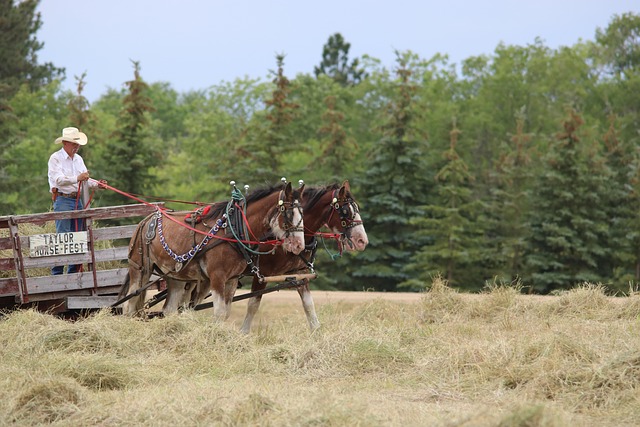Robocalls disrupt North Dakota's agricultural heartland, particularly Grand Forks, by targeting farmers with political and telemarketing messages. These calls waste time, interfere with decision-making, and increase costs for struggling farmers. Local authorities and telco providers can collaborate to implement advanced call screening, blocking technology, and awareness campaigns to combat this growing problem in the state.
In recent years, Grand Forks, North Dakota, like many farming communities across the state, has faced an unexpected intruder—robocalls. These automated phone calls, initially designed for marketing purposes, have become a growing nuisance, disrupting agricultural operations and affecting local farmers’ livelihoods. This article explores the impact of robocalls on North Dakota’s farming community in Grand Forks, delving into disruption, costs, and potential strategies to combat this modern-day pest.
Robocalls: A Growing Pest in North Dakota's Farming Community

In the heartland of North Dakota, a silent invader is disrupting the peaceful rhythm of farming communities: robocalls. These automated phone calls, often promoting political candidates or telemarketing services, have become an increasingly ubiquitous pest. As Grand Forks, North Dakota’s agricultural landscape thrives on precision and efficiency, the influx of unwanted robocalls adds an unexpected layer of chaos.
Farmers in this region, already grappling with challenges like unpredictable weather and market fluctuations, now face a new hurdle. Robocalls not only waste valuable time but also contribute to rising frustration among residents. With every beep and ring, the peace and focus needed for agricultural management and decision-making are disrupted, creating a subtle yet significant impact on North Dakota’s farming community.
Impact on Local Agriculture: Disruption and Costs

In Grand Forks, North Dakota, as in many farming communities across the nation, the rise of robocalls has significantly disrupted local agriculture. These automated phone calls, often used for marketing or political purposes, are not only intrusive but also create substantial financial burdens for farmers already facing challenges due to market volatility and climate change. The constant interruptions during work hours and the need to invest in additional equipment or software to block these calls can be detrimental to small-scale operations that rely on manual labor and precise timing.
Moreover, the economic impact extends beyond direct costs. Robocalls can lead to decreased productivity as farmers and their families are forced to spend time managing these unwanted communications. This disruption can affect critical decision-making processes, such as crop planning, market analysis, and equipment maintenance, which are crucial for sustainable farming practices in a region heavily dependent on agricultural output. In light of these challenges, it’s essential to consider strategies that balance the right to informational access with respect for local community needs and economic sustainability.
Strategies to Combat and Regulate Robocalls in Grand Forks

To combat the increasing issue of robocalls affecting farming communities in Grand Forks, North Dakota, several strategies can be employed. One effective approach is for local authorities and telecommunications providers to collaborate on implementing stricter call screening and blocking mechanisms. By utilizing advanced technology, they can identify and filter out automated calls, providing a more peaceful environment for residents.
Additionally, raising awareness among farmers and community members about the problem and available tools to combat robocalls is essential. Education sessions or workshops could be organized to teach people how to recognize and block unwanted calls, ensuring their privacy and peace of mind. Encouraging collective action and sharing successful strategies can create a robust defense against robocall invasions in North Dakota.






